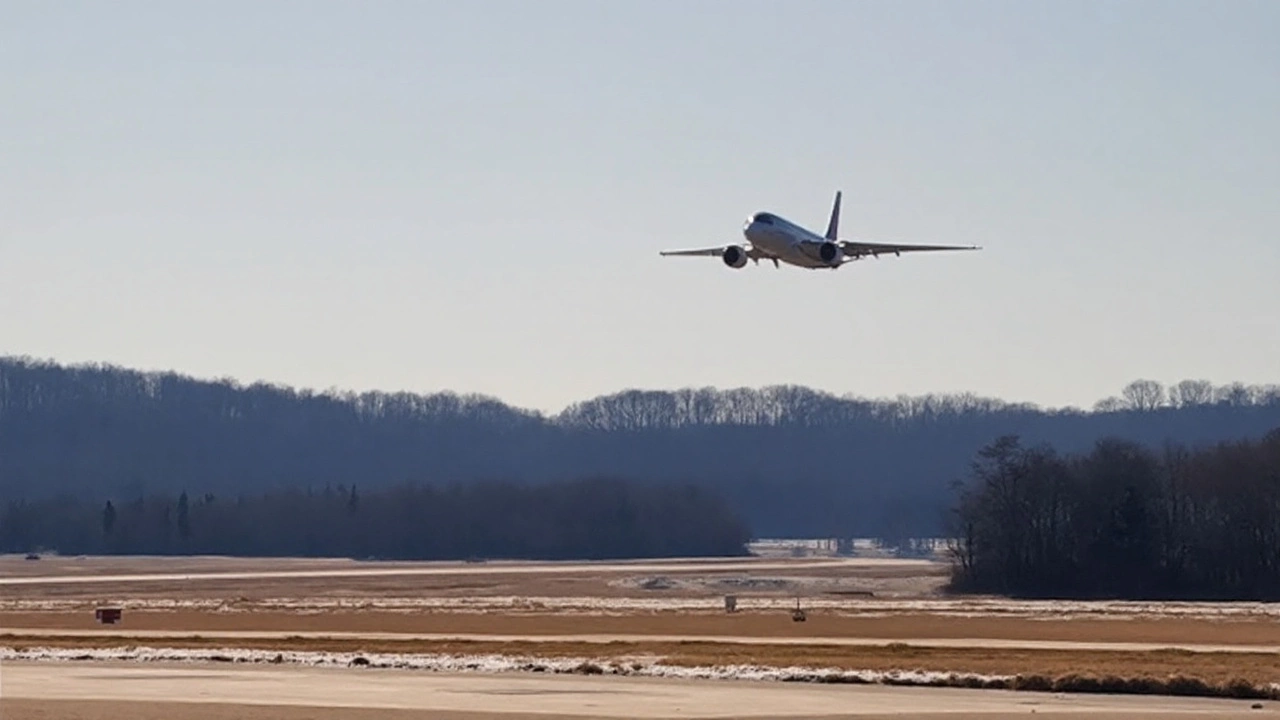High Stakes Standoff: Sewer Policy Threatens Bloomington Investments
Things are getting pretty heated in Bloomington as an airport official calls out the city’s new sewer policy, claiming it’s done more harm than good for business. According to this official, developers are walking away from more than $400 million in private projects, all because of the hurdles created by the city’s Utilities Service Board. For any developer with their eyes on new opportunities—especially those around the airport—there’s one big elephant in the room: getting hooked up to the city sewer line isn’t cheap or easy anymore.
The heart of the problem comes down to stiff regulatory requirements and mounting infrastructure costs. Bloomington recently approved a 6% hike to sewer rates for 2025 as part of a bigger plan to fix aging wastewater plants and sewer lines. Residents saw this coming back in 2022, when city leaders gave the green light to a string of rate increases designed to modernize the local sewer systems. Those in charge insist that these upgrades are vital if Bloomington wants any hope of reliable wastewater services and fewer breakdowns. It's hard to argue against safer, cleaner water, but someone’s got to foot the bill.
Investment Put on the Line: Growth vs. Upgrades
The airport rep says these new costs and red tape are killing the appetite for private investment, especially for large projects needing new or expanded sewer hookups. Developers are finding it tougher to make the numbers work, and many are pulling the plug on expansion plans. The official pointed out that it’s not just big investors sweating it—smaller business owners hoping to build or renovate are feeling squeezed by the same rules.
City officials, meanwhile, argue that if they don’t shore up the aging system now, everyone—residents and businesses alike—will pay the price with breakdowns and service failures. Public works leaders say delaying improvements just pushes bigger problems (and higher costs) down the road. They highlight that keeping the sewer system in shape helps the city remain attractive to new businesses in the long haul.
But critics, especially those trying to attract outside dollars, warn the timing couldn’t be worse. With rising construction costs and tightening economic conditions, developers aren’t thrilled about adding sewer connection fees and higher rates to their budgets. The airport official claims all of this puts Bloomington at a disadvantage compared to nearby areas with lower barriers to entry.
For now, there’s no clear fix in sight. Members of the airport authority, developers, and city boards are still negotiating, hoping to balance urgent infrastructure upgrades and the need to encourage fresh investment. It’s a tough knot to untangle, with both sides warning about the risks of ignoring the other’s concerns. For Bloomington, how this shakes out could impact the local economy—and city services—for years to come.
